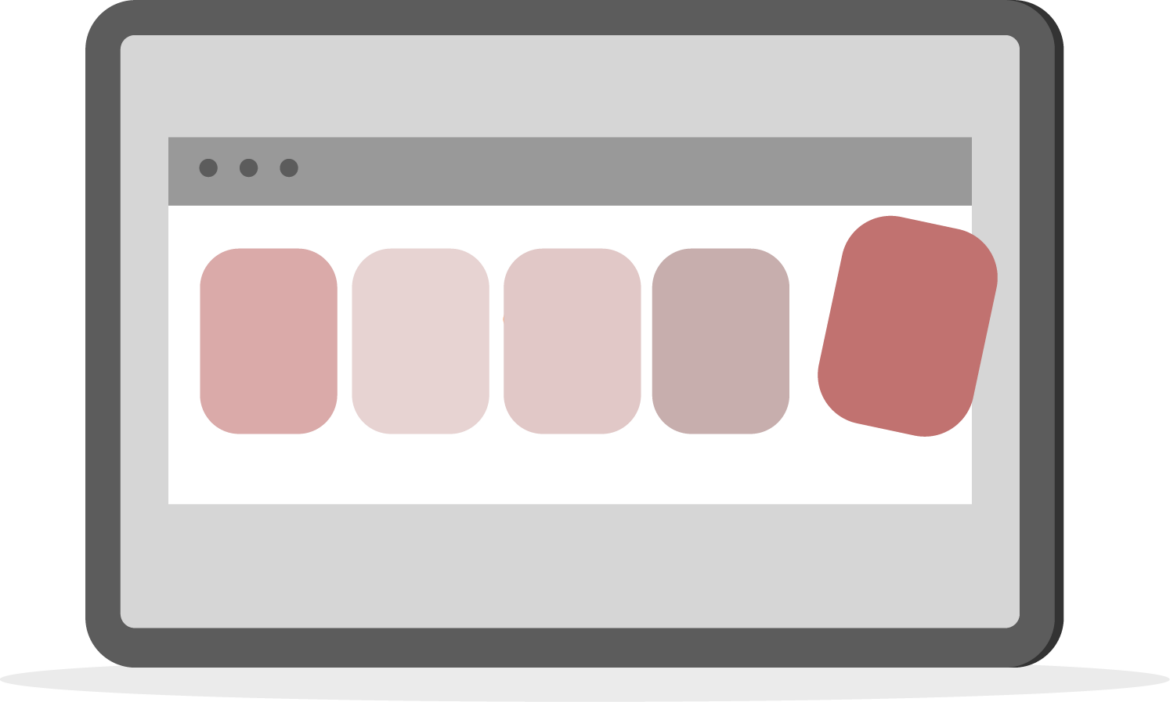Advancing open data
Earth, space and environmental sciences journals introduce a FAIR data policy
Find out about how we’re working with the research community to introduce an open and FAIR data policy across several of our journals.
Research data is of vital importance, with open sharing possessing the potential to advance research and discovery. But often there are barriers, such as reluctance to share it, lack of understanding of how to, or technological challenges.
COPDESS (The Coalition for Publishing Data in the Earth and Space Sciences) was set up to tackle some of the barriers researchers face, helping to ensure that data are treated as first-class research outputs and to advance open sharing of data in Earth, space and environmental sciences.

It brings together funders, researchers, publishers (including Taylor & Francis) and other stakeholders to create support and infrastructure needed to move towards more open sharing of data. This includes a commitment statement to enabling FAIR data in the earth, space and environmental sciences, as well as an open data policy based on FAIR data principles – which we’re delighted to be introducing across selected Taylor & Francis journals.
Publishing tips, direct to your inbox
Expert tips and guidance on getting published and maximizing the impact of your research. Register now for weekly insights direct to your inbox.
What is the open and FAIR data sharing policy?
The policy aims to make research data open, FAIR, and curated in trusted domain repositories whenever possible.
What this means in practical terms is:
Authors must deposit data in a FAIR aligned repository that can mint a persistent digital identifier (e.g. DOI).
Data must be made freely available, under a CC BY, CCO license or equivalent.
Authors must include a data availability statement (even where the data cannot be made open).
Data citation is mandatory.
As with all our data sharing policies there is the understanding that exceptions will need to be granted. For example, where the sharing of data conflicts with a need to protect personal identities, where authors do not have ownership of the data in question, where release of the data poses a security risk, and other reasonable situations. If there is a reason you cannot share your data, then please highlight this as part of your article submission.
Initially the policy will apply to the following journals:
Find out what the policy looks like for you as an author with our step-by-step guide, and bookmark these author FAQs from COPDESS.
What is FAIR data? What are the FAIR data principles?
In order to advance research, researchers often rely on the timely and accessible sharing of data. And increasingly, research and funding organizations are encouraging researchers to responsibly manage and share data to help facilitate this.
The FAIR data principles are a set of guiding principles to help make data FAIR (findable, accessible, interoperable and reusable), therefore maximizing the use of data.

FAIR data is:
*What is metadata? Metadata is data that describes or gives information about other data. It’s not as complicated as it sounds – example metadata may include title, author, date, time, etc.
For more information on FAIR data view the FAIR data principles in full.
Useful resources
A repository finder (including FAIR repositories)
Enabling FAIR data FAQs (COPDESS)
Advancing FAIR data in Earth, Space, and Environmental Science (AGU news)
